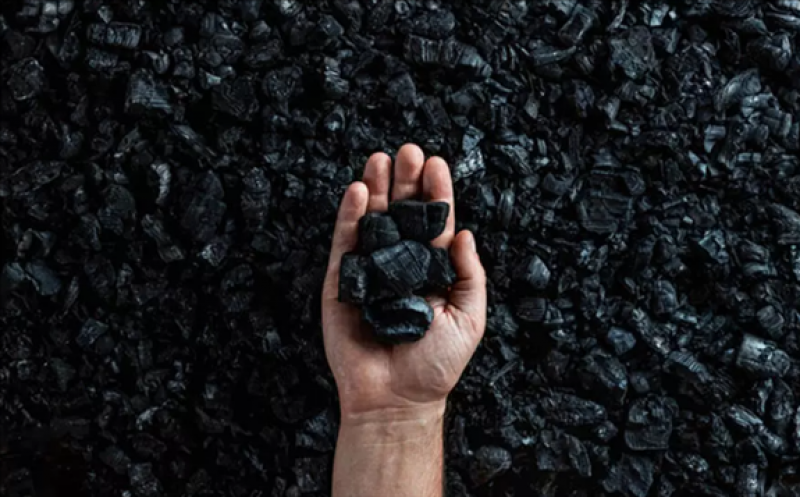Shipments from the four largest coal export ports in Australia's Queensland state were at the lowest level in four years on an average daily basis in March, entirely because of a drop in shipments from the 85mn t/yr Dalrymple Bay Coal Terminal (DBCT) to a four-year low last month.

Total shipments last month rose from February when exports were at a two-year low in absolute terms but fell from March 2020 levels, according to monthly trade data by North Queensland Bulk Ports (NQBP) and the Gladstone Port Authority.
Last month's coal exports averaged 506,900 t/d compared with 567,600 t/d in February and 542,700 t/d in March and was the lowest daily average for a monthly period since 267,500 t/d in April 2017 when shipments were disrupted by Cyclone Debbie and widespread flooding affected rail haulage from mines to ports.
The drop in daily exports was largely because of a decline in shipments from Queensland's second-largest coal export terminal of Dalrymple Bay, which fell to the lowest monthly export volume since the 1mn t shipped in April 2017, according to NQBP data.
DBCT shipped 54.6mn t of coal in calendar 2020, down from 66.7mn t in 2019, as some coal mining firms entered administration and others paid for unsent tonnage because of safety concerns at mines such as UK-South African mining firm Anglo American's Moranbah and Grosvenor. Anglo American has vowed to stand by its loss-making coking coal operations with a view to a long-term profitability as trade flows adjust to accommodate China's ban on Australian coal imports or Beijing lifts the ban.
By contrast, the 55mn t/yr Hay Point coal terminal (HPCT), which is operated by the world's largest supplier of seaborne coking coal the BHP Mitsubishi Alliance (BMA), reported in March its highest monthly shipment since December. HPCT and DBCT are both located at the port of Hay.
Total shipments from the four ports for January-March 2021 were 8pc lower from the same period a year earlier. Total exports from the four ports dropped to a seven-year low last year, almost entirely because of reduced coking coal exports through DBCT.